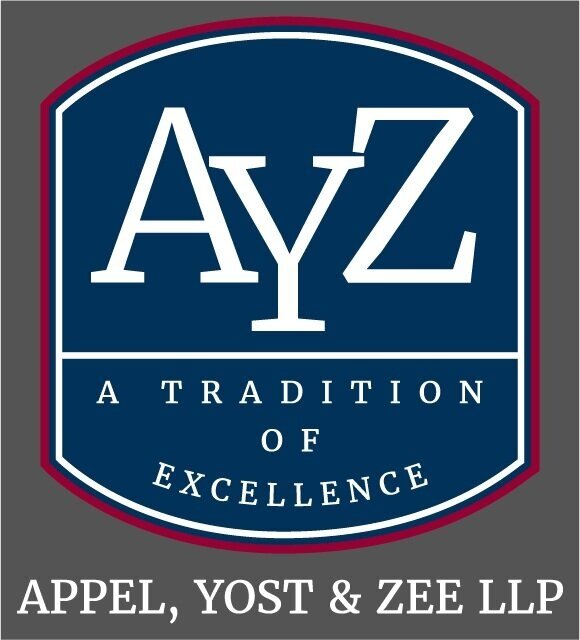The Old and the New in the Application of FERPA
By William J. Zee
June 21, 2021
The Congressional Research Service issued an updated report on The Family Educational Rights and Privacy Act (FERPA). The report discusses FERPA provisions, applicability, enforceability, and interaction with certain legal areas, such as Title IX regulations.
FERPA (i) requires schools to allow parents and eligible students to access education records, and (ii) subject to certain exceptions, prohibits schools from releasing students’ education records, including personally identifiable information, without consent from their parents. The scope of student information protected from disclosure depends, in part, on whether it is an “education record” or is expressly excluded from being an education record as defined by FERPA.
The report explores the scope of disclosure and offers an analysis of the interaction of FERPA with other laws as well as disclosure under special circumstances, including law enforcement inquiries and threat assessments. In the area of law enforcement, schools have a duty to provide safety and security to students. Schools may outsource those duties to law enforcement unit (LEU) officials, such as school resource officers. Records independently created and maintained by a LEU for law enforcement purposes are not considered “education records” under FERPA. Also, LEU officials may be expressly excluded from FERPA disclosure protections if LEU officials are considered “school officials.” LEU officials may be considered school officials if (i) they have a legitimate educational interest in the records; (ii) perform an institutional service or function for the school; (iii) maintain records under direct control of the school; and (iv) they follow FERPA’s use and re-disclosure requirements.
The school official exception also applies in the area of threat assessment. Schools may disclose education records to threat assessment teams that are considered school officials. However, threat assessment teams are prohibited from re-disclosing personally identifiable student information for other purposes absent a FERPA exception.
Of particular note, the new report considers the interaction of the Title IX 2020 Rule and FERPA restrictions. Generally, Title IX prohibits schools from discriminating on the basis of sex. Under the 2020 Rule, schools must provide both parties the opportunity to review any evidence obtained through an investigation of the allegations. Additionally, schools must issue an investigative report, provided to both parties. Although FERPA does not have an express exception for Title IX investigation disclosures, the Department of Education (ED) has stated that the requirements of FERPA and Title IX do not contradict each other. Further, in the event a direct conflict between FERPA and Title IX arises, ED asserts that Title IX’s requirements override those of FERPA.
The full report includes other potential legal issues and commentary, and is available here.
Should you have any questions about FERPA, or any other issue impacting schools, please do not hesitate to contact William J. Zee or any of the attorneys in the Appel, Yost & Zee Education group.
